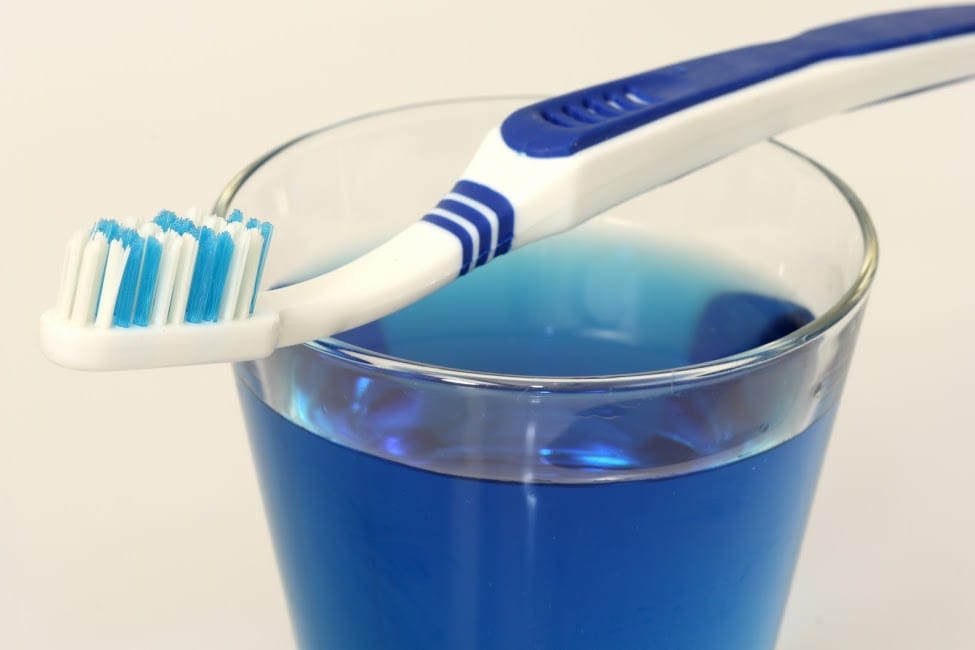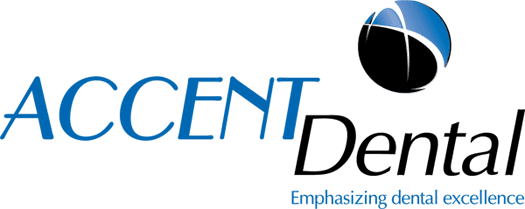What Do You Need to Know About Toothbrush Hygiene?

How well do you care for your toothbrush? A clean toothbrush leads to more than just a healthy mouth. Take a look at the top toothbrush hygiene tips that can help to reduce the risk of viral or bacterial infections.
Rinse Your Toothbrush
Do you need to buy a pricey sanitization station, soak the bristles in a disinfectant, or use a special machine to keep your toothbrush germ-free? Even though a toothbrush can harbor microbes from your mouth, most healthy adults only need to rinse their brush under fresh, running tap water.
If you’re tempted to take extra precautions to keep your brush clean, consider:
- The sanitization method. Chemical cleaners used to disinfect your home or surfaces are not made for human ingestion — and can cause serious harm if swallowed. Never clean your brush with household chemicals or anything that isn’t made specifically for dental use.
- The expense. Tap water is (almost) free. But a specialized sanitization or UV disinfect system will come at a high cost. Save money and choose a proven method — and not a pricey product that may or may not do much for your health.
- The spread of germs. According to the U.S. Centers for Disease Control and Prevention (CDC), some types of mouthwash toothbrush soak products may actually spread germs.
When you rinse your brush, make sure to remove any visible debris and leftover toothpaste. Food particles and paste products can carry potentially harmful microorganisms.
Don’t Share Your Toothbrush
What should you do if you forgot to bring your toothbrush on summer vacation? If sharing with a friend or family member is your go-to choice, think again. Before you share, you need to learn more about how this seemingly simple action can impact your mouth and health. The decision to share a toothbrush:
- May make you sick. Microorganisms, such as viral or bacterial particles, can transfer from someone else’s brush to your mouth. Toothbrush sharing can increase your risk of contracting an illness — especially if the brush’s owner is sick.
- Is even more concerning if you have a compromised immune system. If you’re immunocompromised, the particles left behind on someone else’s toothbrush could give you a serious infection.
How can you care for your teeth if you don’t have a brush and know you shouldn’t share? While it’s not the preferred method of cleaning (and not a long-term solution), rinse with mouthwash or swish with tap water to remove excess debris or food particles until you can buy a new toothbrush.
Avoid Closed Storage Containers
Even though it may seem like a closed container will seal out viral and bacterial particles, this storage idea isn’t ideal. Moisture on your brush combined the dark, closed container provides the perfect environment for microorganisms to grow. Instead of a closed container, store your brush:
- In an open holder. Choose an open toothbrush holder that provides plenty of space for the head to dry after use.
- Upright. Don’t allow microorganisms on the handle (from holding or touching the brush) to contaminate the head. Store your brush standing upright.
- Away from other people’s brushes. Don’t allow your brush to come into contact with your family member’s brushes. Keep each brush separated to avoid cross contamination.
If you have concerns about bathroom bacteria contaminating your brush, you have options that don’t involve a closed brush container. You could move the brush out of the bathroom or keep it far away from the toilet or sink areas.
Along with at-home care (such as brushing), you also need in-office checks ups. Do you need to schedule a dental appointment? Contact Accent Dental for more information.

